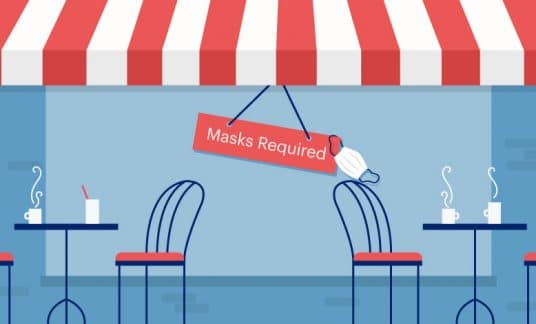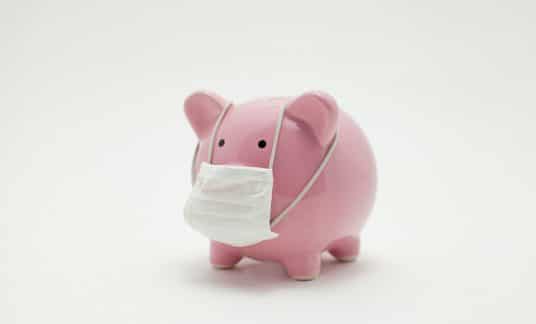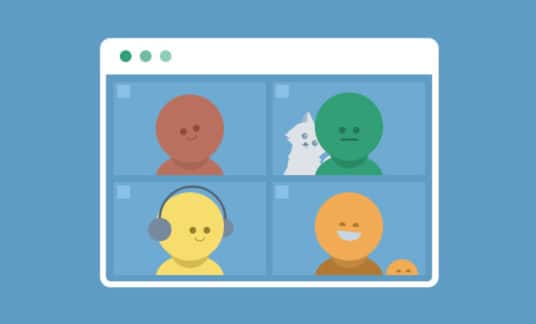Why do clients choose your hotel during their visit? Today’s guest wants a personalized experience.
Leverage customer data to generate successful hotel marketing ideas that attract more website traffic and increase bookings.
1. Promote Unique Activities at Your Hotel
Hotel guests desire more than a bed for the night. Instead, travelers want an experience.
Use surveys and customer feedback to create events that enhance the guest experience. To distinguish your hotel from the competition, consider using experiential marketing to promote activities such as:
- Hotel scavenger hunts
- Wine or craft beer tastings
- Art or do-it-yourself classes for spouses of convention attendees
- Family-friendly happy hours with milk and cookies
2. Deliver a Destination, Not a Room
Hotel marketing ideas that emphasize the destination positively impact customer experience. Deloitte reports that “in-destination activities represent an opportunity for hotels to connect guests to unique experiences and drive incremental revenue.”
Start by analyzing customer data to determine which destination activities they’re most likely to enjoy. Then, design a campaign that sells to the more than 50% of travelers who don’t have a set destination in mind when planning a trip, according to travel intelligence companies Boxever and Skift.
3. Develop Themed Events Tied to Local Activities
Guests expect hotels to clue them in on local events. Exceed expectations by sharing what’s happening in the community and bringing that fun back to your hotel. However, stick with themes that align with your brand to prevent confusion.
- Talk to your local tourism board and find out what’s on the schedule.
- Design a hotel event that ties into local activities.
- Create a hotel digital marketing campaign to promote your event’s local connection.
4. Personalize Your Hotel Loyalty Program
Ready to add more members to your brand ambassador list? How about those one-off bookings with guests who may not be in your area again? By reviewing your customer profile, you can tailor your message to a custom audience.
Begin by identifying why various guests book a room at your hotel. Your hotel business-to-business marketing campaign differs from one targeting families on vacation. Then, consider what makes your loyalty program appealing and customize your communications.
According to computer technology corporation Oracle, “61% of guests think a loyalty program based on experiences rather than points-based rewards would be appealing.” Do this by providing personalized members-only benefits.

5. Be Different: Use Drone Video
Guests choose hotels for a variety of reasons, but most of the time, you’re selling more than a room in your hotel; you’re selling the neighborhood or the community. A new trend in hotel marketing is the use of drone videos.
A drone video captures unique angles. During editing, you add captions to show the convention center location or where the best seafood restaurant sits. Depending on your clientele, you also may highlight:
- Popular hiking or biking trails
- Local museums
- Shopping areas
6. Listen to Your Customer Service Team
Does your customer service team answer many of the same questions or notice anything that suggests the guest was confused or had different expectations? This type of feedback gives you data to work with — and it feeds into all of your hotel marketing campaigns.
7. Be Helpful on Discussion Boards
Even you don’t see it, people are out there asking questions about your hotel and the local area. Nurture relationships by sharing your expert knowledge and answering their queries. Search popular sites and serve up helpful replies.
Good places to start with internet hotel marketing include:
- Reddit and Quora
- Google My Business Questions and Answers
- Social media travel groups
8. Design a Strategy for Guest Reviews
According to TripAdvisor, 83% of the travel site’s users will usually or always reference reviews before deciding to book a hotel.” Reviews provide potential guests with the social proof they crave for decision-making.
Plus, reviews improve your website’s performance with search engines. This factor is crucial since “91% of travelers turn to search engines when looking for a place to stay,” according to guest feedback platform TrustYou.
The two biggest mistakes hoteliers make are:
- Not responding to reviews.
- Not asking for reviews.
Design a hotel marketing plan that prioritizes review collection and communication. Doing so gives your online web presence a lift along with your social cred.
9. Ramp Up Your Hotel Marketing Strategy
For a clear understanding of how to best serve your guests, combine information from your customer support teams, social media accounts, reviews, and discussion boards. Use this data to inform a content marketing strategy that increases bookings.
- Add frequently-asked-questions pages to your website.
- Add video or interactive content so your guests can visualize their destination.
- Create digital guides personalized for each type of guest.
10. Follow Up, Then Ask for Testimonials
Reviews on a third-party site are critical. However, it would help if you also had testimonials for use across your hotel digital marketing channels.
Ask if you could share their testimonial or quote on your website and other marketing materials. People aren’t opposed to offering up social proof, but they might need a gentle nudge.

11. Partner With Local Businesses
From small shopping spots to a cafe, partnering with local businesses for cross-promotion opportunities benefit your hotel and your customers. Doing so exposes your brand to a broader clientele while improving your guests’ overall experience during their visit.
- Develop a shared campaign. This could be handing out coupons or running a giveaway on a social media platform.
- Make sure your hospitality crew can recommend your partners and are familiar with the area.
12. Invest in Social Engagement
Consumers spend hours on social media. Sharing the same advertisements or promotional posts does nothing unless your audience responds and engages with your content.
While there is value in keeping a continuous flow of content on your social feeds, it’s also crucial to create a hotel marketing strategy that centers on engagement. Interact with your audience by:
- Using social listening tools to catch social media mentions.
- Defining key moments for support staff to engage potential guests.
- Asking for user-generated content through giveaways and contests.
- Livestreaming events from your hotel.
13. Enhance User Experience on Your Website
Analyze user data to determine if your website provides information that guests need to complete their booking. Then, review how your site performs across a variety of devices. Get the most from your website by taking actions that improve user experience and focus on high-impact website marketing strategies.
- Invest in a user-friendly chatbot.
- Make your contact information easy to find.
- Optimize your site for voice search.
- Ensure your website is accessible to all users.
14. Liven Up Your Hotel Marketing Email Campaign
Just like your loyalty program, your emails should be personalized to the type of guest who receives them. This personalization goes beyond addressing the recipient by the correct name. Consider how your timing and offer differs according to each segment. Customize your message and call-to-action accordingly.
- Ask guests to forward your offer to a friend that’s coming to the area.
- Cross-promote your loyalty program.
- Share details on local events.
- Highlight partnerships with other businesses.
15. Retarget Potential Guests
Increase bookings and improve brand awareness by retargeting guests who visit your website.
What Is Retargeting?
Retargeting is a digital marketing tactic that uses an ad campaign to engage with users who leave your site without taking action. For example, you may notice an ad on Facebook after you’ve visited a company’s website.
The Interactive Advertising Bureau reports that “over 90% of marketers report that retargeting performs as well as or better than search, email, and other display.”
Get the most from this hotel marketing strategy by adding code or a pixel to each of your website pages then customize your marketing to the specific stage of your customer’s journey.
- Retarget potential customers who abandon their booking at the payment page by sending an email.
- Personalize a discount or upgrade for those who recently booked a room.
- Deliver retargeted ads on social media to increase brand awareness.
16. Improve Your Google My Business Page
Google My Business pages bolster your hotel’s web presence by showing your information on Google’s Local Pack and map.
However, anyone can make edits to your listing. That’s why you must review the dashboard regularly. Plus, it’s essential to optimize your page to increase traffic to your website.
- Add posts with a call-to-action, image, and a link to your website.
- Share information about upcoming events and activities.
- Upload images and videos from your hotel.
More Tips to Expand Your Business
According to market research company Forrester, “77% of consumers have chosen, recommended or paid more for a brand that provides a personalized service or experience.” Relying on static ads or generalized posts doesn’t appeal to today’s guests in the same way that a targeted approach works.
Increase revenue by:
- Scheduling content using a free hotel marketing plan template.
- Providing relevant information throughout the buying cycle.
- Developing a video marketing strategy.
A smooth and custom experience creates a connection with potential guests while providing data for use in your strategy. Although new trends in hotel marketing arise as consumer behavior evolves, serving up the right marketing at the right time never grows old.










